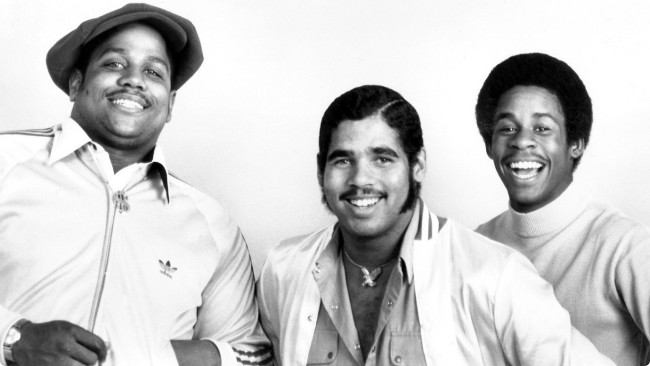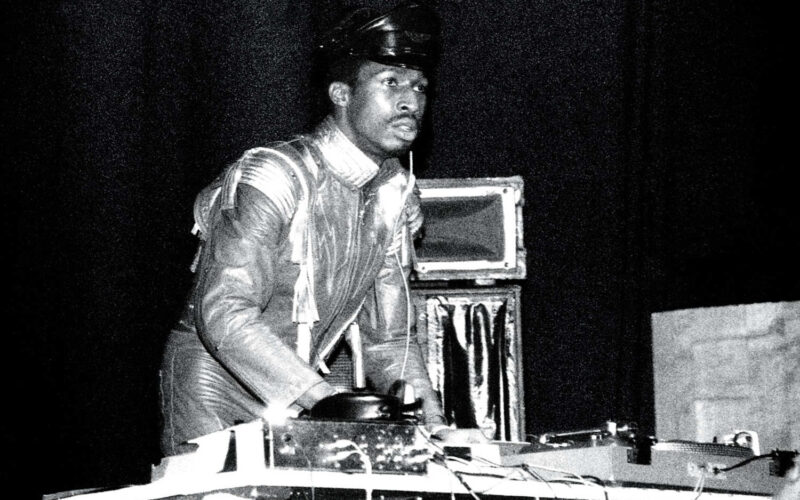Rap music is a genre that has its roots in African American and Caribbean communities in the United States. It first emerged in the 1970s, and has since evolved into a diverse and influential art form that has spread around the world. Here is a brief overview of the history of rap music.
The origins of rap music can be traced back to the late 1960s and early 1970s, when DJs in African American communities began using their turntables to create new beats and sounds by looping breaks (short, percussive sections) from existing records. These DJs, or “MCs” (short for “microphone controllers”), would then improvise rapping over these beats, using the microphone to speak or chant over the music.
One of the earliest and most influential DJs in this tradition was DJ Kool Herc, who is often credited as the “father of hip hop.” Herc, who was born in Jamaica and raised in the Bronx, New York, began hosting parties and events where he would play records and perform as an MC. His style, which featured long, improvisational sets and the use of multiple turntables to extend the breaks, became very popular and laid the foundation for the genre.
As rap music grew in popularity, it began to spread beyond the African American and Caribbean communities that had nurtured it. In the 1980s, the genre exploded into mainstream consciousness with the release of several influential albums, including the Sugarhill Gang’s “Rapper’s Delight” (1979) and Grandmaster Flash and the Furious Five’s “The Message” (1982).

These early rap records were characterized by their heavy use of sampling (using portions of other records as the basis for new songs), and their focus on social and political issues. They also featured fast, highly rhythmic rhymes and playful, often humorous lyrics.
In the 1990s, rap music became even more popular and diverse, with the emergence of various sub-genres such as gangsta rap, East Coast rap, and West Coast rap. The genre also crossed over into other areas of popular culture, with the rise of rap-infused pop music and the emergence of rap as a dominant force in mainstream entertainment.
Today, rap music continues to evolve and influence popular culture around the world. It has spawned numerous sub-genres and has influenced the development of other genres, such as electronic dance music and hip hop. Despite its controversial and sometimes divisive nature, rap music remains a powerful and enduring art form that has shaped the music industry and popular culture for more than four decades.
Here is a list of ten influential rappers, along with a brief description of their impact on the genre:
- Chuck D: Chuck D is a rapper, producer, and social activist who is best known as the leader of the pioneering hip hop group Public Enemy. He is known for his politically charged lyrics and his role as a social commentator.
- Nas: Nas is a rapper and songwriter who is widely regarded as one of the greatest lyricists of all time. He is known for his complex, poetic rhymes and his ability to tackle a wide range of subjects in his music.
- Lauryn Hill: Lauryn Hill is a rapper, singer, and songwriter who rose to fame as a member of the Fugees. She is known for her socially conscious lyrics and her ability to blend rap, R&B, and reggae influences in her music.
- Kanye West: Kanye West is a rapper, producer, and fashion designer who has had a significant influence on the genre. He is known for his innovative production style and his outspoken personality.
- Jay-Z: Jay-Z is a rapper, songwriter, and entrepreneur who is widely regarded as one of the greatest rappers of all time. He is known for his smooth flow and his ability to craft catchy, commercially successful hits.
- Lil Wayne: Lil Wayne is a rapper and songwriter who has released a string of successful albums and singles. He is known for his fast-paced flow and his ability to adapt to different styles and trends.
- Kendrick Lamar: Kendrick Lamar is a rapper and songwriter who has won numerous awards for his socially conscious and politically charged lyrics. He is known for his unique flow and his ability to tackle difficult and controversial subjects in his music.
- Travis Scott: Travis Scott is a rapper and producer who has gained a reputation for his energetic live performances and his blend of rap, hip hop, and electronic music.
- Cardi B: Cardi B is a rapper and television personality who rose to fame with her viral social media presence and her chart-topping debut single, “Bodak Yellow.” She is known for her confident and unapologetic style.
- Megan Thee Stallion: Megan Thee Stallion is a rapper and singer who has gained a large following with her catchy and confident lyrics and her energetic live performances.
These are just a few of the many influential rappers who have helped shape the genre. There are countless other artists who have made significant contributions to rap music, and the list of influential rappers is always changing as new artists emerge and make their mark on the genre.










